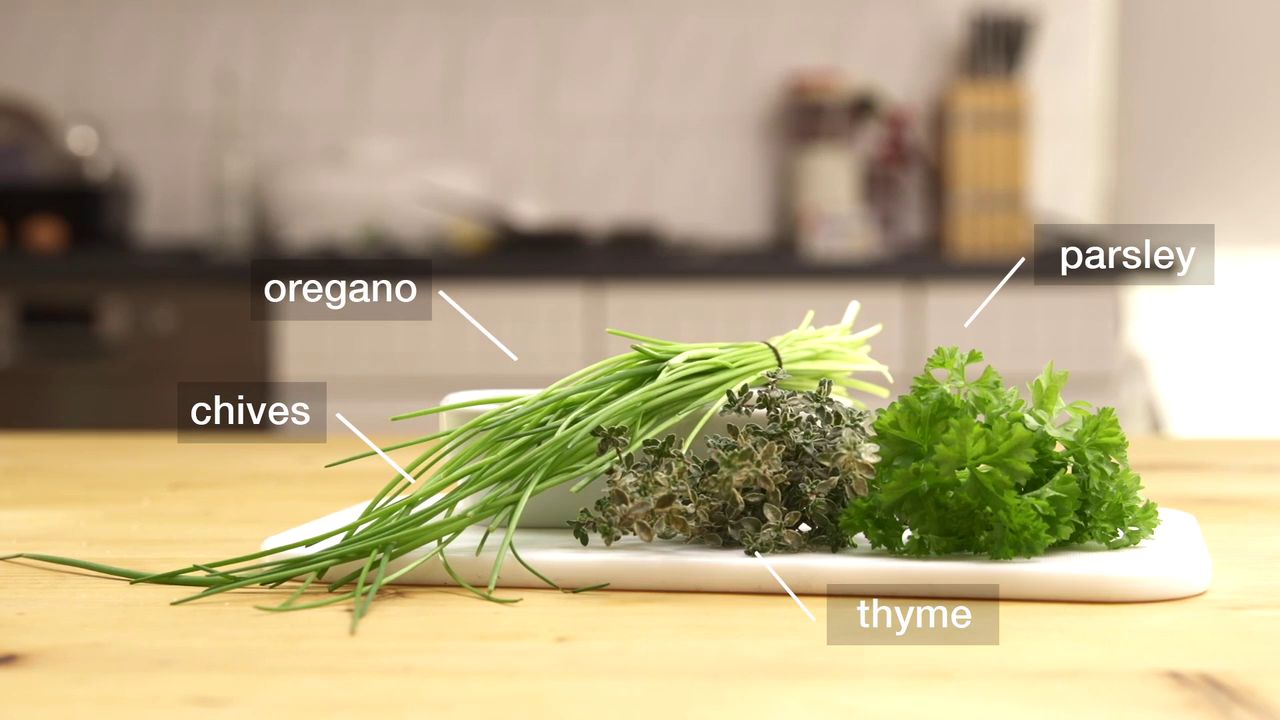It is very important that you keep your liquid intake under control, simply because liquids are being retained by your body.
Preventing and relieving digestion problems
Find out what you can do to relieve digestion problems.
Constipation
Generally speaking, constipation is a change in bowel habits, but it comes in a variety of forms. Typically patients would describe constipation as having infrequent stools; more specifically, less than three times per week. Moreover, stools may be too hard, too small or too difficult to pass. Patients may also feel that their bowels are not empty or they frequently need to strain.
Constipation is a wide-spread problem to which many factors can contribute. In most patients’ cases, no single cause can be identified. However, having chronic kidney disease or being on dialysis makes it more likely that a patient will suffer from constipation. Due to the loss of kidney function and various other factors such as a lack of exercise, impaired fluid balance and a reduced dietary fibre intake,1 the gastrointestinal tract is often adversely affected. Amongst the consequences, constipation is the most frequent symptom. Medications prescribed which relates to kidney diseases, such as iron medication (mainly pills), phosphorus-binding medicines, or potassium binding resins, can sometimes cause digestive problems, too.1
The diagnosis is the first step towards getting better
What you can do about it
There are a couple of behavioural changes you might consider. Bowels are most active following meals. Start a routine to try to pass the stool at these times. Should you ignore signals to have a bowel movement, these signals will become weaker over time, whereas encouraging the digestive system on a regular basis will have a conditioning effect. Furthermore, you could increase your activity and go for a walk regularly, for example. This will promote bowel movements and relieve constipation.
You should also optimise your liquid intake within the permitted restrictions. While healthy people can drink as much fluid as they want, on dialysis, you can only drink a certain amount of water and other liquids as prescribed. Your gastrointestinal system needs the permitted quantity of fluids to do its job correctly.
If the changes mentioned above do not relieve your constipation, talk to your physician about which type of laxative would be the best choice for you. Laxatives are substances that help relieve constipation in a variety of ways. Milk sugar (lactose) can aid digestion as well. Again, remember to always talk to your physician or dietician first.
How to benefit from dietary fibre
Diarrhea
Diarrhea is a common problem for many people. Usually, it does not last long. But when diarrhea lasts for multiple days or even weeks it can indicate is another health complication. This might mean a condition of bowel disorder, such as infections or other diseases. Regular check-ups with your healthcare professionals will provide clarity on your health status.
Typically, patients who suffer from diarrhea experience the following signs and symptoms:
- More frequent bowel movement (urgent needs)
- Loose, watery stools
- Fever
- Blood or pus in the stool
- Bloating
- Nausea
Older adults and people with weakened immune systems are at higher risk of complications due to diarrhea.
Causes of diarrhea
A number of diseases and conditions can cause diarrhea. Despite digestive disorders, diarrhea can have different causes.
These include different types of viruses, causing diseases with symptomatic diarrhea. Bacteria and parasites can cause diarrhea when being transmitted to your body through contaminated food or water. This is often associated with travelling to developing countries and is also called traveler’s diarrhea.
Further, some medication can cause unintentional reactions such as diarrhea. It is important to inform your care team about such changes in your usual habits as the treatment might need to be adjusted.
Different forms of food intolerances can be associated with causing diarrhea. This relates to lactose (milk sugar) being found in milk and other diary products or fructose (natural fruit sugar) being found in fruits and honey. Also, artificial sweeteners found in chewing gum or other sugar-free products can cause diarrhea.
Related complications
Diarrhea can cause dehydration and electrolyte imbalance, which can be life-threatening if untreated. Dehydration is particularly dangerous in children, older adults and those with weakened immune systems. If you have signs of serious dehydration, seek medical help. Inform your care team about recently experienced symptoms! It may also signal more serious problems.
Some foods can support the relief of diarrhea
Certain low-fibre foods can help make your stool more solid. If you have diarrhea, try adding these foods into your diet:
- Potatoes, prepared lowering potassium content
- Rice (white)
- Noodles
- Applesauce
- White toast bread
- Chicken or turkey without the skin
- Lean ground beef
- Fish
Nausea and vomiting
Possible health consequences of vomiting
- Dehydration and electrolyte imbalance
- Vomiting causes loss of fluid. Severe fluid loss can lead to dehydration. Moreover, vomiting disrupts the electrolyte balance as electrolytes (e.g. potassium, magnesium, sodium) are lost when vomiting. This can lead to an imbalance of electrolytes in your body.
- Dehydration and electrolyte imbalance is a particular risk for you as a dialysis patient. This is because you already have to limit your fluid intake due to kidney failure, which makes you more vulnerable for dehydration and electrolyte imbalance. When you lose the little fluid you are allowed to drink due to vomiting, the likelihood for dizziness, fainting and loss of vital body functions increases.
- Nutrient deficiencies
Vomiting results in a loss of ingested nutrients. Frequent vomiting can thus lead to nutrient deficiencies. It is important to compensate the nutrient loss. If you vomit directly after having eaten, be sure to have another meal once you feel better to prevent nutrient deficiencies.
Causes
Nausea and vomiting between dialysis:
- Medication, as nausea and vomiting can be a common side effect of medication
- Inadequate dialysis
- Anxiety and worries can also make you feel unwell and result in nausea and vomiting
- Underlying comorbidity
- Dietary mistake
Nausea and vomiting during dialysis:
- Drop of blood pressure during dialysis treatment
- Too rapid withdrawal of toxic substances from the blood, which might cause fluid to flow into cells, which can lead to nausea and vomiting.
Treatment
To effectively treat nausea and vomiting, causes need to be identified first. You and your care team will work together to identify the reasons for nausea and vomiting and then evaluate the treatment possibilities and apply the best-suitable care. Depending on the cause, there are different treatment possibilities:
- Hypotension (low blood pressure) treatment if present
- Medication
- Adjustment of dietary plan
- Adjustment of dialysis prescription
References
- Can Outcomes be Improved in Dialysis Patients by Optimizing Trace Mineral, Micronutrient, and Antioxidant Status?: The Impact of Probiotics and a High-Fiber Diet. Bossola M. Semin Dial. 2016 Jan-Feb;29(1):50-1. doi: 10.1111/sdi.12442. Epub 2015 Sep 19.
- Dietary protein and fiber in end stage renal disease. Sirich TL. Semin Dial. 2015 Jan-Feb;28(1):75-80. doi: 10.1111/sdi.12315. Epub 2014 Oct 16.
- Sirich TL, Plummer NS, Gardner CD, Hostetter TH, Meyer TW: Effect of increasing dietary ber on plasma levels of colon-derived solutes in hemodialysis patients. Clin J Am Soc Nephrol 9(9):1603–1610, 2014.
- www.dge.de/wissenschaft/referenzwerte/kohlenhydrate-ballaststoffe/
- Bossola M, Leo A, Viola A, Carlomagno G, Monteburini T, Cenerelli S, et al.: Dietary intake of macronutrients and ber in Mediterranean patients on chronic hemodialysis. J Nephrol 26:912–918, 2013.





